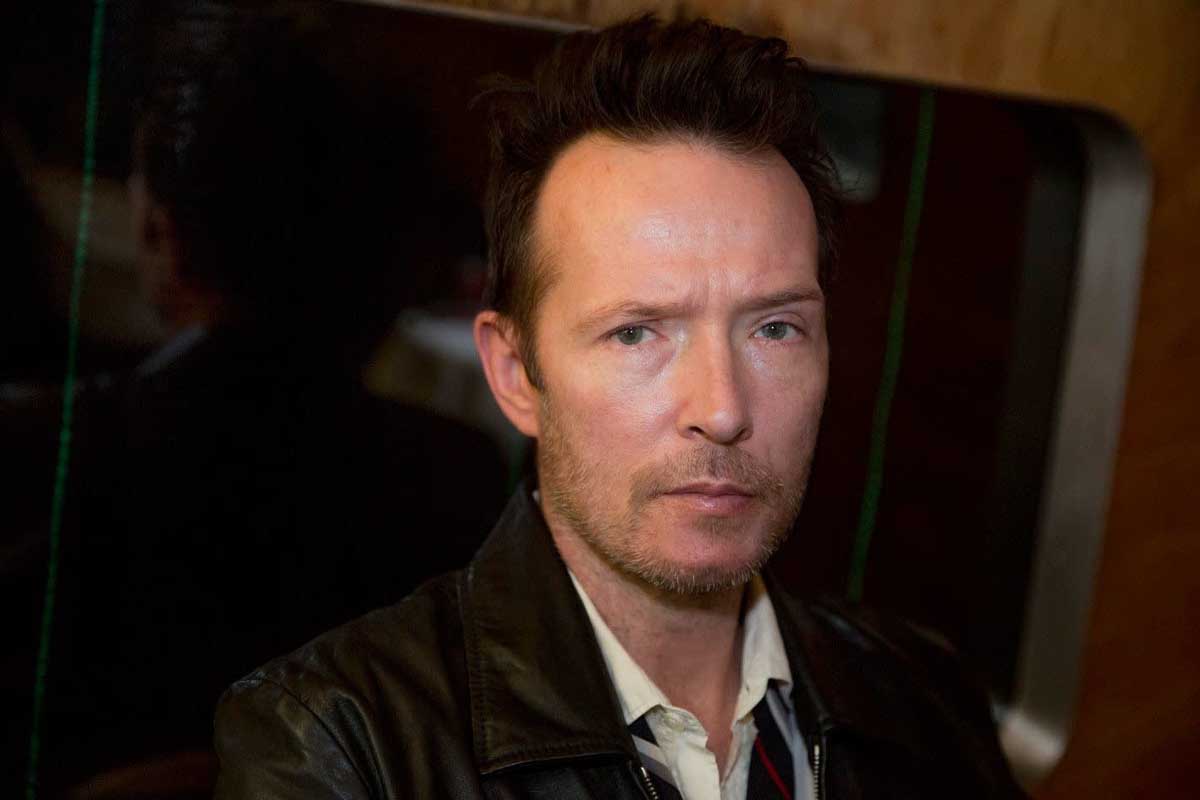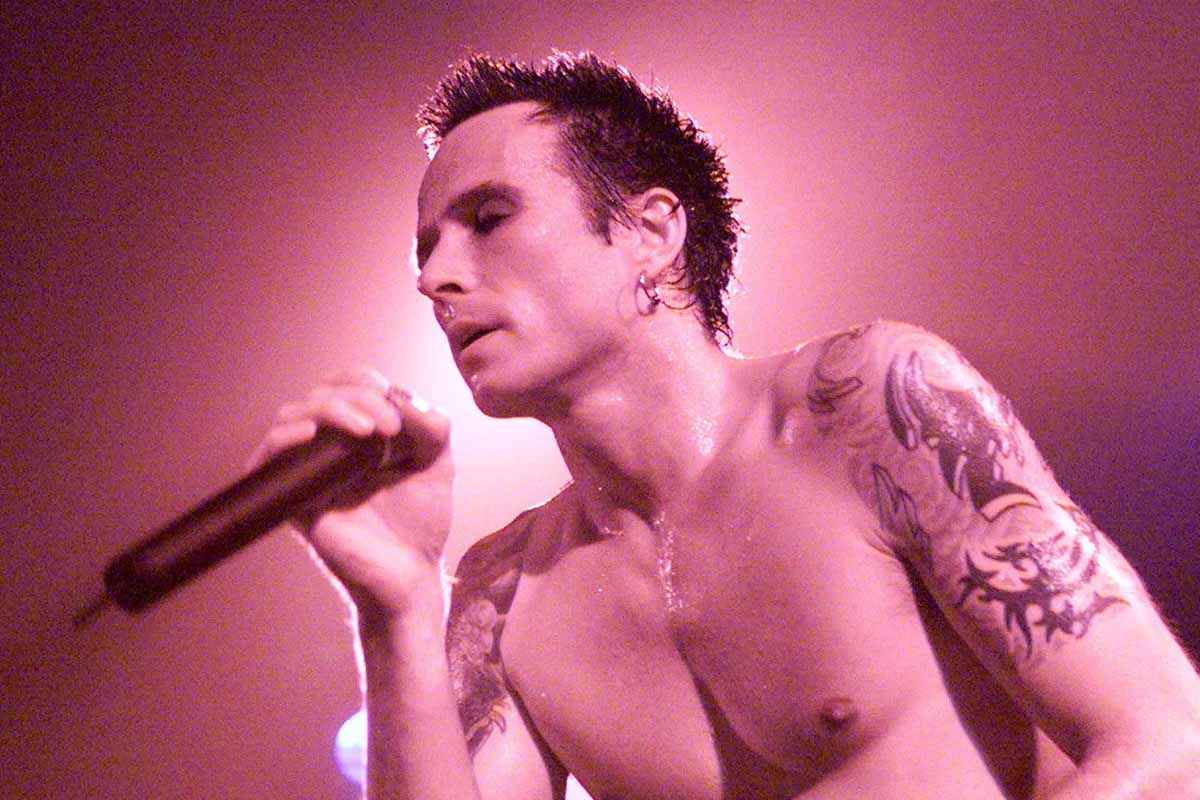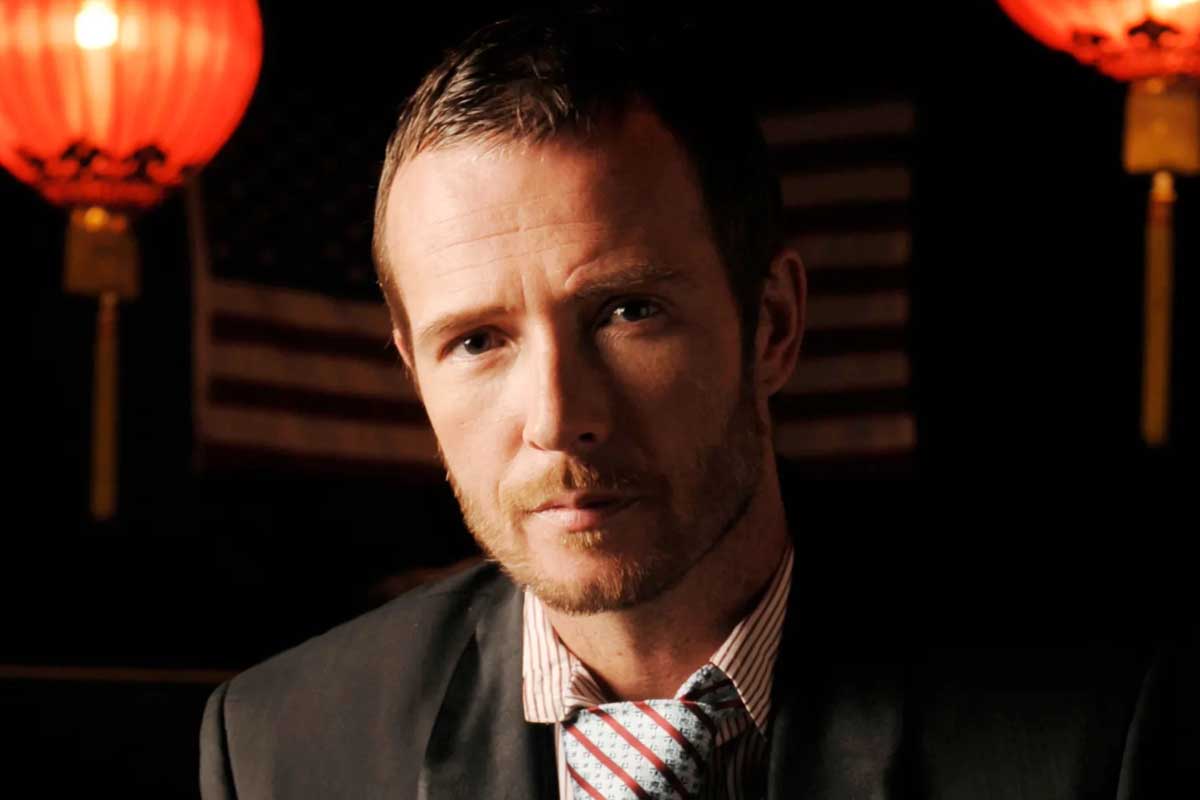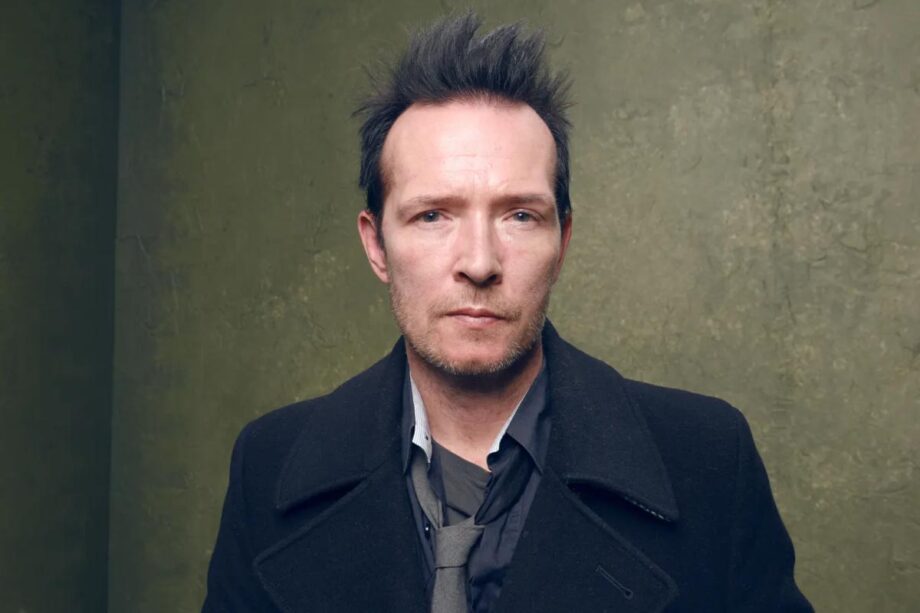Scott Weiland’s life was a high-speed ride through rock stardom and personal doom. The former frontman of Stone Temple Pilots and Velvet Revolver died of an accidental overdose on his tour bus in Bloomington, Minnesota, on December 3, 2015. He was 48 years old. His death was the tragic end to decades of substance abuse and financial turmoil that left him deep in debt.
A Meteoric Rise In Rock

Weiland’s journey into rock began in the late ’80s when he formed Mighty Joe Young with brothers Robert and Dean DeLeo and drummer Eric Kretz. The band, later renamed Stone Temple Pilots, broke through in the early ’90s when major labels were scouting for the next grunge sensation. Their debut album, ‘Core,’ turned them into instant rock stars, powered by hits like ‘Plush’ and ‘Sex Type Thing.’
By the mid-’90s, STP was at the top of the rock world. Their second album, ‘Purple,’ debuted at No. 1 on the Billboard 200, further cementing Weiland’s status as a frontman who could command an arena. But while the band soared, Weiland’s personal struggles were already beginning to pull him down.
After STP’s initial breakup in 2002, he joined Velvet Revolver alongside Guns N’ Roses alumni Slash, Duff McKagan, and Matt Sorum. Their debut album, ‘Contraband,’ was a massive hit, going multi-platinum. Yet, Weiland’s drug use and erratic behavior only worsened, leading to his departure from the band in 2008. In the years that followed, he attempted to rebuild his career with solo projects and his band, The Wildabouts, but he never regained the same level of success.
Addiction: The Enemy He Never Defeated

Weiland’s struggles with addiction started long before fame. In a 2005 interview with Esquire, he admitted, “All you could think about the whole week was getting to Friday again so you could party.” His battle with drugs escalated after STP signed with Atlantic Records in 1992. By 1993, he had discovered heroin, calling it ‘enlightenment’—a substance that, for a time, made him feel normal. But it quickly consumed his life.
By 1995, he was arrested for heroin and cocaine possession. His addiction became so severe that STP had to cancel their 1996 tour, leading to a temporary hiatus. Over the next decade, his drug use resulted in multiple arrests, rehab stints, and a five-month jail sentence in 1998.
His substance abuse also caused tension with bandmates. He was fired from STP in 2002 following a backstage altercation with Dean DeLeo and dismissed again in 2013 after years of instability. Velvet Revolver let him go in 2008, citing his unreliable behavior and personal issues.
Weiland was fully aware of his addiction but admitted he never truly wanted to quit. “I saw narcotics as something I needed in order to function,” he once said. His addiction followed him to the very end, ultimately claiming his life.
The Money Was Gone

Despite selling millions of records and performing worldwide, Weiland died broke. His widow, Jamie Wachtel Weiland, later revealed that he had left behind massive debt. “There’s this preconceived notion that Scott must have had millions in the bank,” she said. “But it’s the antithesis of the truth.”
His financial troubles were largely self-inflicted. Years of drug use led to reckless spending, mounting legal fees, and failed business ventures. He was frequently entangled in lawsuits, including a major legal battle with STP after his 2013 firing. His former bandmates sued him for misrepresenting himself as STP’s frontman, and he countersued, claiming they had no right to fire him. The lawsuit drained his already struggling finances.
After parting ways with STP and Velvet Revolver, Weiland’s career never recovered financially. His solo projects and The Wildabouts struggled to gain traction, and by 2015, he was playing poorly attended shows for a fraction of his former earnings. His son, Noah Weiland, later confirmed the extent of the financial ruin: “I’m not a trust fund baby or anything like that. My dad was millions in debt when he died.”
Jamie Wachtel Weiland also noted that she chose not to pursue money from his estate, even though she was owed $64,000. Instead, she moved on with her own career, leaving Weiland’s financial mess behind.





